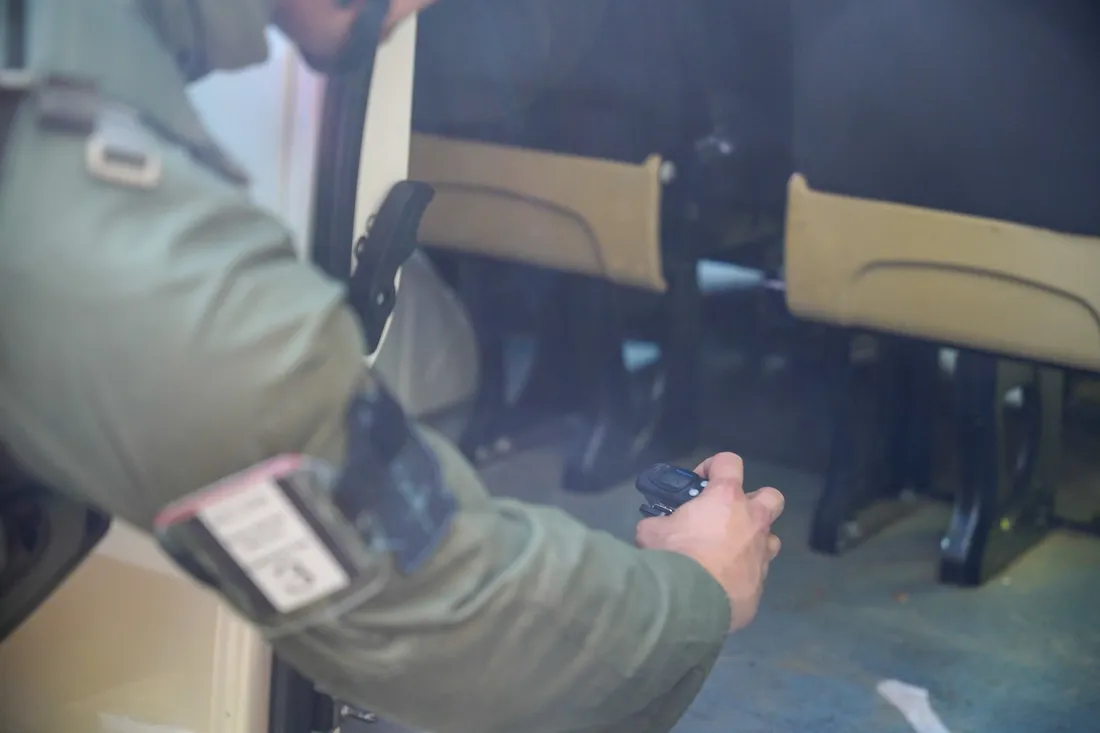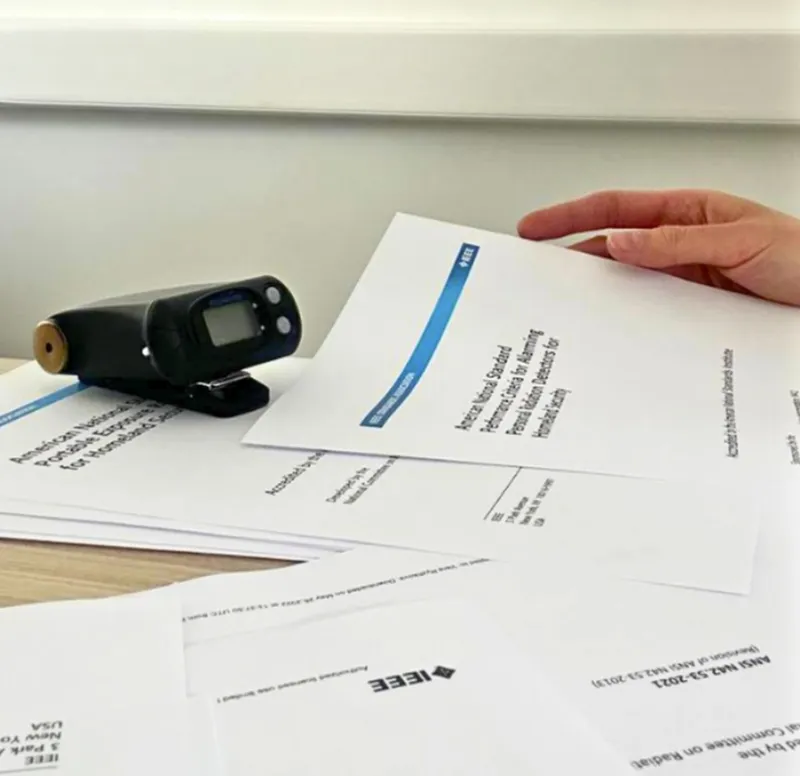In 2024, we celebrate the 20th anniversary of Polimaster, Inc. and look back with pride at the pioneering spirit and innovative breakthroughs that have characterized our journey. Join us as we continue to explore and celebrate the milestones that have shaped our path.
Part 10. Polimaster started participating in the development of the ANSI Standards
The ANSI standards are guidelines and criteria established by the American National Standards Institute to ensure consistency, safety, and efficiency across various products, services, processes, and systems in the United States. These voluntary standards cover various industries, including electrical and electronics, information technology, safety, construction, industrial equipment, quality management, health, and consumer products. They are developed through a consensus process involving experts from industry, government, and academia, and aim to promote interoperability, safety, and quality. The ANSI itself accredits the standards development procedures to ensure openness and fairness.
In 2012, Polimaster was invited to participate in working groups developing a suite of ANSI Standards critical for Homeland Security radiation detection.
One such standard, which our expertise helped to develop, was the ANSI N42.42-2012, a standard that covers data format for radiation detectors used for Homeland Security. Specifically, it establishes the requirements for exchanging information between radiation detection instruments and various data management systems. The standard ensures that data from different radiation detection instruments are consistent, interpretable, and can be seamlessly integrated and analyzed within security and safety applications. It includes specifications for the types of data to be recorded, formats for data exchange, and protocols for communication, facilitating effective radiation monitoring and response. Polimaster also participated in the shaping of the updated ANSI N42.42‐2020.
Polimaster was also honored to contribute our expertise in shaping the ANSI Standards N42.32-2016 and N42.34, which are standards that specify the performance criteria for hand-held instruments used for the detection and identification of radionuclides. The standards outline the minimum performance requirements, test methods, and operational characteristics for hand-held devices used by law enforcement, emergency responders, and other personnel involved in the detection of illicit trafficking and unauthorized movement of radioactive materials.

Last, but not least, we were involved in designing the ANSI Standards N42.48 and N42.53. The ANSI N42.48 is a standard that specifies the performance criteria for spectroscopic personal radiation detectors (SPRDs), portable devices that not only detect radiation but also provide spectral information to help identify radioactive materials. Meanwhile, the ANSI N42.53 specifies the performance criteria for portable radiation detection instruments. Both standards outline the requirements for these detectors' design, performance, and testing to ensure their reliability and effectiveness in detecting and identifying radioactive threats. This includes criteria for sensitivity, accuracy, response time, and operational robustness under various environmental conditions.

All these standards ensure that the devices are reliable, accurate, and effective in identifying different types of radioactive sources under various environmental conditions. They aim to enhance the capability of security personnel to detect and identify radioactive materials for public safety and security.
As we celebrate the 20th anniversary of Polimaster, Inc. in 2024, we reflect on a journey marked by pioneering innovations and strong partnerships. We look forward to continuing our commitment to excellence and advancing radiation detection technology. We thank all our partners and customers for playing a significant role in Polimaster’s story. Here is to future innovations and many more years of success!
Stay tuned for weekly updates if you are curious to learn what happens next in our exciting journey.
